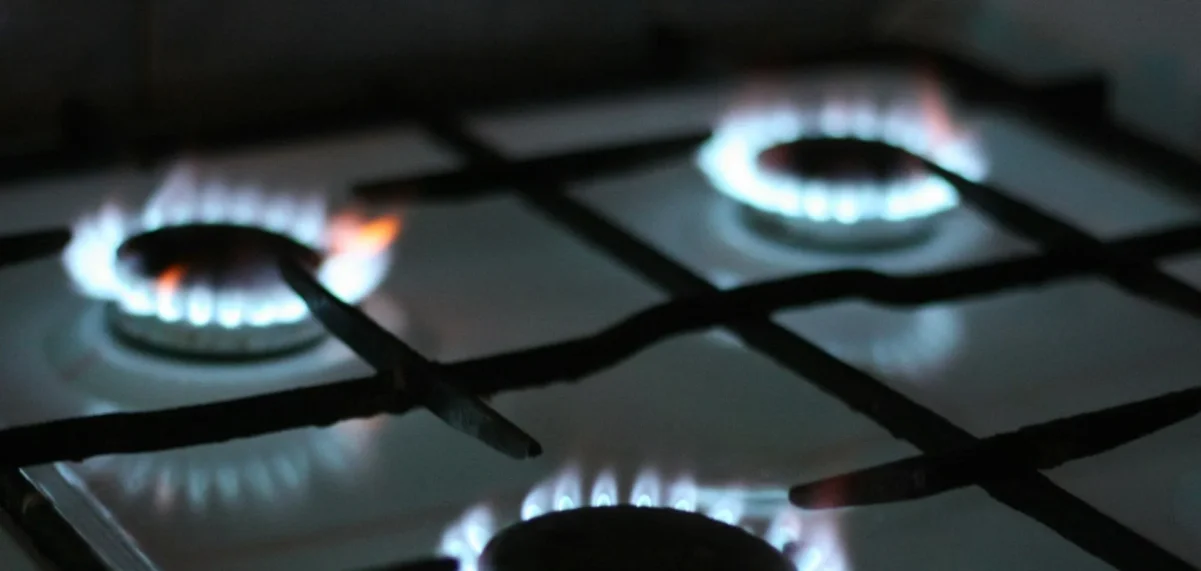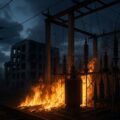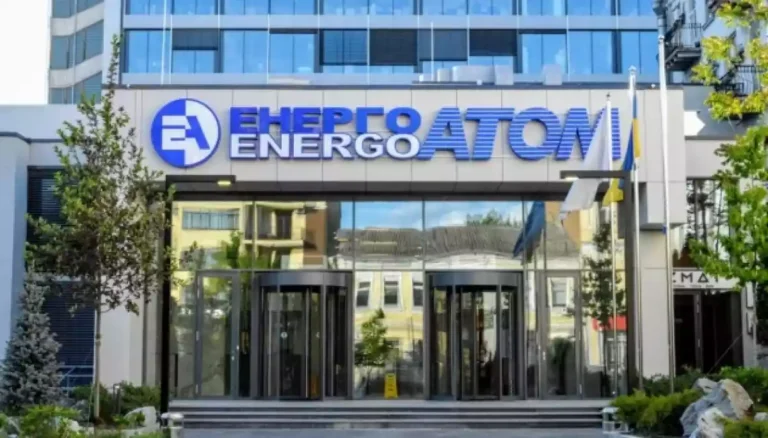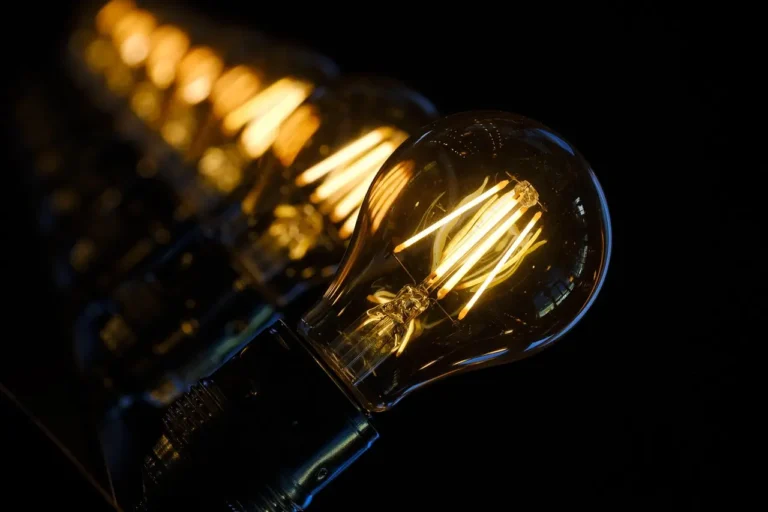
How Ukraine Keeps Gas Tariffs Fixed During Wartime: The 2025/2026 Heating Season
Stability of tariffs, protection of the energy system, and guarantees of light and heat these issues have become the main priorities of state policy on the eve of the next heating season. Against the backdrop of war, constant Russian attacks on infrastructure, and economic risks, the government has made a decision that is crucial for millions of households and budgetary institutions in the country.
In a state of war and amid energy threats, the issue of tariffs has become not just a social one, but essentially a matter of national security.
The Cabinet of Ministers of Ukraine has extended the mechanism of special obligations (PSO) for the gas marketto maintain predictable and affordable prices for households and budgetary institutions until the end of March 2026.
- For households: UAH 7,420 per 1,000 cubic meters (including VAT)
- For budgetary institutions: UAH 16,390 per 1,000 cubic meters (including VAT)
“The goal is to get through the heating season, despite all the challenges of martial law. To provide people with light, heat, and predictable tariffs,” emphasized Yuliia Svyrydenko, First Deputy Prime Minister and Minister of Economy of Ukraine.
These words have become the leitmotif of all preparations for the winter.
Social Impact: For People and Institutions
Fixing gas tariffs guarantees stability for:
- Families and households: People receive predictable bills, regardless of external market fluctuations or speculation.
- Budgetary organizations: Hospitals, schools, kindergartens, and other institutions can plan their expenses without fear of unexpected increases.
The government stresses:
“This will allow us to maintain stable tariffs for people throughout the entire heating season.”
Energy Security Amid War: New Approaches
2025/2026 is not just a season of cold, but another stage in the fight for energy independence.
The government has approved and enacted a Plan for Passing the Heating Season, which has become a unified roadmap for all ministries and services. The document includes:
- Protection of energy facilities from attacks.
- Creation of reserves of equipment and materials.
- An operational response plan in the event of strikes on infrastructure.
Crisis management headquarters are active in every region they coordinate the actions of local authorities and energy specialists, help prevent blackouts, and speed up recovery after possible attacks.
Political Responsibility and Transparency
Every decision regarding tariffs or the organization of the heating season is accompanied by the public responsibility of the country’s leadership.
President Volodymyr Zelensky has openly stated:
“This winter, the fixed gas price for household consumers will remain, there will be no increases.”
This is a direct signal to all market participants, local authorities, and citizens: the state guarantees protection from shocks and speculation in this critical period.
The PSO Mechanism: Why Is It Possible?
The mechanism of special obligations (PSO) imposed on gas suppliers is a financial and administrative structure that makes it possible to keep prices for socially significant energy resources stable, even amid turbulence on world markets. All major suppliers are required to comply with the set tariffs, while the government compensates the difference between the market price and the price for the population and the budgetary sector.
This practice is preserved for the 2025/2026 season.
Post List
Preparation for Extreme Scenarios
Based on the experience of 2022-2024, the government is focusing not only on tariffs, but also on:
- Additional protection of generation and energy distribution facilities.
- Creation of reserves of equipment, mobile boiler houses, and repair equipment for prompt response.
- Coordination among all levels of government for rapid response to emergencies.
Operational headquarters have already been set up in the regions, capable of mobilizing resources and restoring supply within hours after attacks.
The Main Challenge: Maintaining Balance in Wartime
The government and energy specialists understand: the real threat of blackouts, restrictions, or emergencies remainsdue to the constant risk of attacks. But the system has already endured similar tests: reserves have been created, protocols are in place, and responses to challenges are as quick as possible.
Ukraine is entering the new heating season with clear guarantees of stable prices, large-scale infrastructure preparation, and transparent political responsibility from the leadership.
Tariffs for households and budgetary institutions remain fixed. Protection mechanisms against blackouts and attacks are already in place. The state publicly assumes responsibility for stability, light, and heat even in the most critical moments.
The 2025/2026 heating season will become a real test for the energy system, politicians, and society. And it is real actions, not just declarations, that make it possible to say that the country is as prepared as possible for winter in a time of war.














